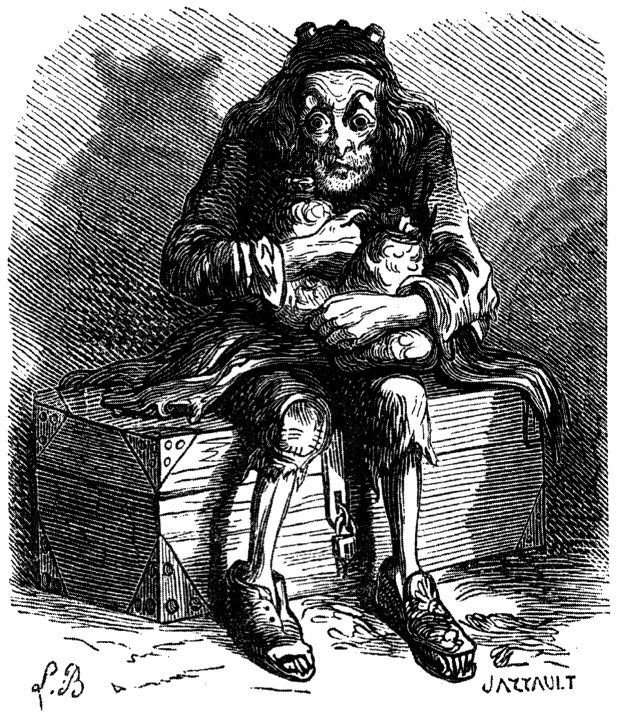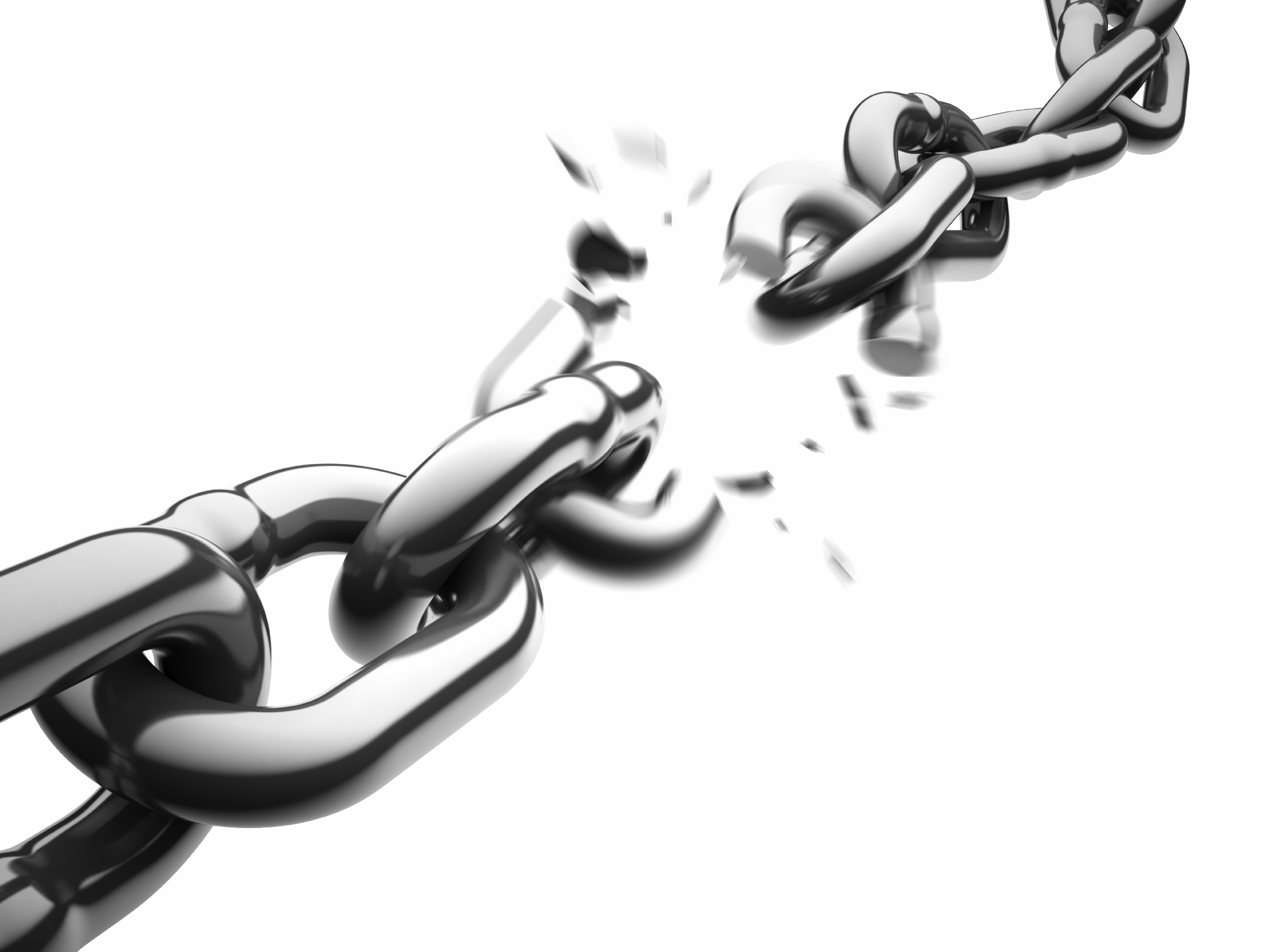Today’s readings are an invitation that go far beyond the fashionable pastime of bashing on the rich in the face of the world’s needs and problems. They remind us that complacency is not just an affliction of the rich: we all run the risk of being complacent, no matter how much is in our bank account, because we can be complacent in the use of our time and talent, not just our treasure.
The word of today’s First Reading could almost describe the day spas and boutiques of modern society, but should put couch potatoes on guard too. People with the wealth and the time to help society are couch potatoes too, just on fancier sofas with better meals and more expensive hobbies. Amos is warning the influential of Israel that the Assyrian’s threatening their nation will take them into exile right alongside their afflicted people if they don’t act. In referring to Joseph he is referring to the two main tribes of Israel at the time, who were descended from Joseph: Ephraim and Manasseh (see The ESV Study Bible, Crossway Bibles, Wheaton, IL 2008, 1670). Society was in trouble and they were doing nothing. The option to stop the party and get to work instead of having the party ended for them is in their hands. They opted to party and Israel was conquered and absorbed into the Assyrian Empire.
St. Paul in the Second Reading encourages St. Timothy, who is taking up the mantle of pastoral leadership, to strive for what is truly excellent in the eyes of the Lord, no couch involved. Timothy had worked closely with St. Paul and was now taking on the responsibilities of a bishop, a successor of the Apostles. His pursuits will be in great contrast to those of today’s First Reading: “devotion, faith, love, patience, and gentleness.” All these pursuits are not self-centered; they’re related to others and can be difficult to master. Paul encourages him to compete well for the faith, drawing from the athlete metaphors of his other letters to remind St. Timothy that he is called to discipline himself, to train, and to strain for the prize he should “lay hold” of: eternal life. As a bishop he’ll lay hold of eternal life by helping others attain it too.
The rich man in today’s Gospel converted too late, but his late conversion should be a lesson for us to consider that one day we may too hear those dreaded words, “too little, too late.” There may be people in the world who live in plush mansions with everything they could want, but the rich are not the only people in society today endangered by abundance. There are lots of couch potatoes out there who are parked on their sofas when they can do something to help make our world a better place.
The poor are not just at the gates of mansions; they’re in our towns and neighborhoods. It is our society that runs the risk of falling apart due to selfishness and sin. Each of us can take inventory of the plenty with which the Lord has blessed us and ask him how we can use that plenty in a way pleasing to him. A surplus of time, talent, or treasure should never stay a surplus for long, otherwise we run the risk of drowning in our abundance due to our complacency and apathy. Let’s ask Our Lord today to give us the nudge to get off our sofas and help shape society for the better.
Take stock of how much time you dedicate to leisure every week. There’s planned leisure and leisure that we fall into when we know we should be doing something else. How much time do you dedicate each week to bettering our world (not just your world; our world)? If you don’t have a regular commitment to outreach or works of evangelization (or both) it is time to start. If health problems prevent you from more direct action you can always pray and offer up your sufferings for the conversion of sinners.
Readings: Amos 6:1a, 4–7; Psalm 146:7–10; 1 Timothy 6:11–16; Luke 16:19–31. See also 26th Sunday in Ordinary Time, Cycle C and 2nd Week of Lent, Thursday.


